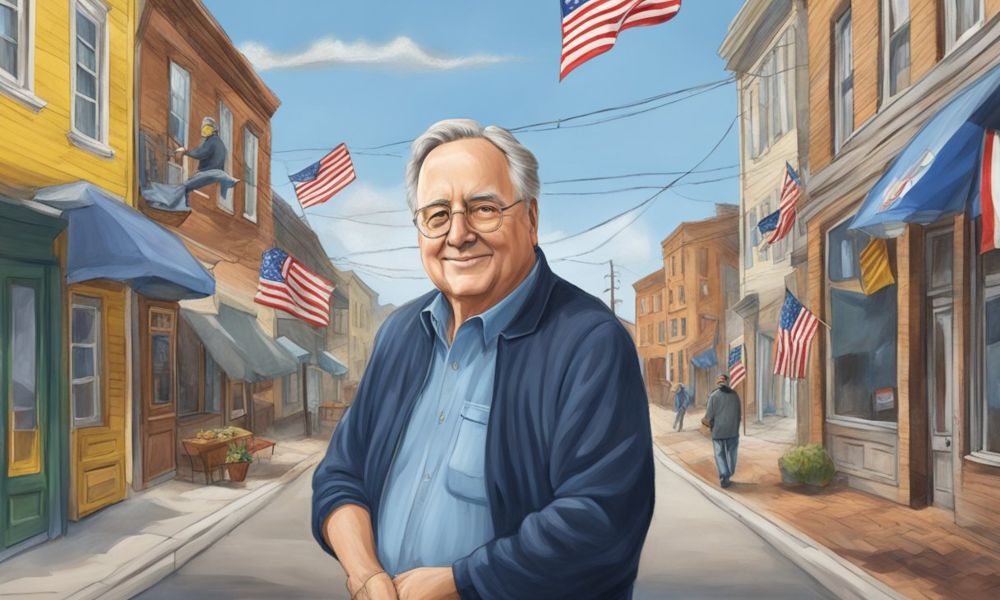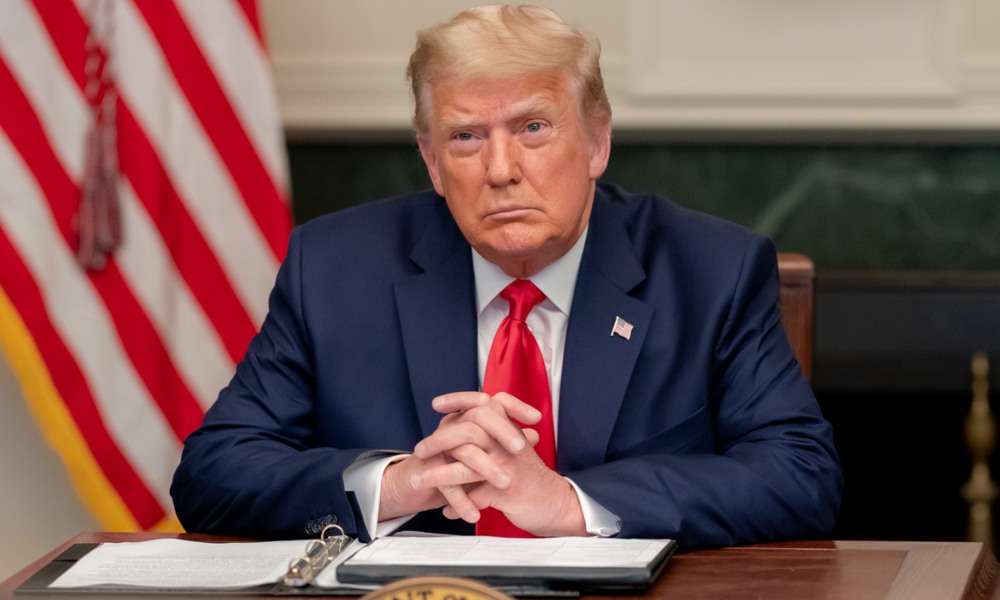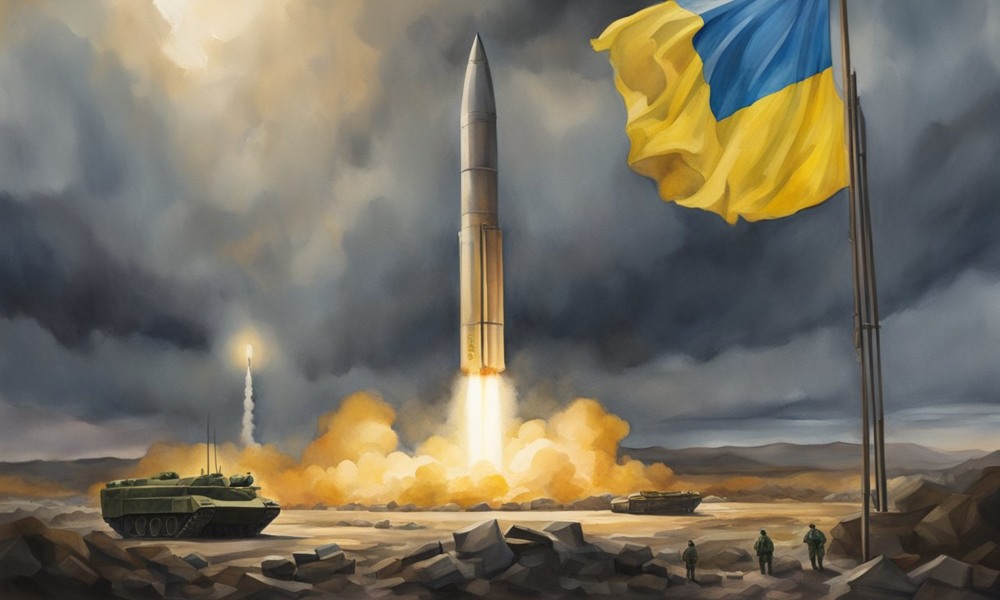Young people in the UK might soon need to do compulsory national service for one year after turning 18. This could mean joining the military or volunteering in their community.
Here are the key points:
- 18-year-olds would choose between a year in the armed forces or volunteering one weekend per month
- Those who don’t participate may face consequences, though criminal penalties are unlikely
- The program aims to teach life skills and community values to Britain’s youth
- Funding would come from cracking down on tax evasion and an existing foreign aid fund
Why Is This Being Proposed?
Government leaders say national service would help young adults:
- Learn valuable skills like leadership, organization and teamwork
- Build stronger connections to their local community
- Understand the importance of national values like freedom
- Better appreciate the role of the military in protecting the UK
According to the proposal, today’s teenagers sometimes need to recognize the sacrifices made to protect their way of life. Supporters argue that national service could instill greater resilience and responsibility in the next generation.
How Would It Work?
18-year-olds would have two options under the draft plans:
Option 1: Military Training
Around 30,000 teens per year could apply to join the Army, Navy or Air Force for 12 months of basic training. This would be voluntary but very competitive.
Option 2: Community Volunteering
The majority would commit to volunteering for charities or local organizations one weekend per month for a year.
Around £1 billion would come from cracking down on tax fraud and extending an existing international aid budget.
Enforcement Still Undecided
The big remaining question is how participation would be enforced if made compulsory. Ministers say there will not be criminal penalties for refusing, like skipping school.
However, they haven’t ruled out other consequences, such as difficulties getting jobs or further education, if you don’t participate. A special commission would decide on more details after a study.
Military Has Doubts
Some have criticized the proposal, including military leaders worried it could:
- Stretch resources by requiring supervision of unmotivated, short-term recruits
- Disrupt units by adding temporary, undertrained members
- Undermine morale among professional forces having to manage this
The government argues military leadership roles would be a good experience for young people considering an entire career in service.
What’s Next?
If the Conservative government is re-elected, they plan to introduce a National Service Act to make this program law. However, critics have called it a last-minute election gimmick rather than a fully-formed policy.
Either way, the debate raises exciting questions about responsibilities between individuals and society. Should youth be obligated to serve their communities or learn military values? Or is this an overreach of government power? Let us know what you think in the comments!
















